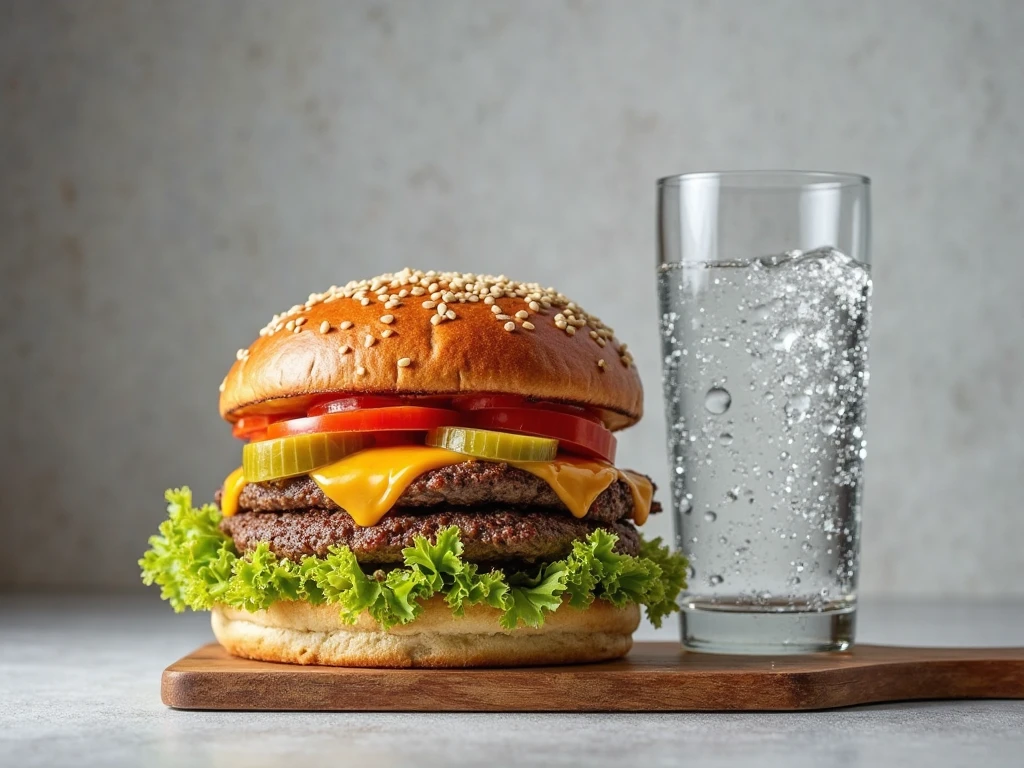The human body is a resilient and complex machine, capable of surviving under extreme conditions. But like all machines, it needs fuel—and in our case, that fuel is food and water. This raises a crucial survival question: how long can we actually survive without eating or drinking?

Survival Without Water: A Matter of Days
Water is absolutely essential for life. It makes up about 60% of the human body, supports vital functions like circulation, temperature regulation, and waste removal. The lack of water—called dehydration—can quickly become life-threatening.
On average, a person can survive only about 3 to 5 days without water, depending on conditions like:
- Climate (hotter environments cause faster dehydration)
- Physical activity
- Age and health
- Access to shade or shelter
In extreme heat, survival without water might drop to just 1 or 2 days.
Symptoms of dehydration include:
- Dry mouth
- Dizziness
- Confusion
- Rapid heartbeat
- Organ failure (in severe cases)
Survival Without Food: Weeks, Not Days
While water is a short-term survival necessity, the human body can go much longer without food. Generally, people can survive without eating for 30 to 60 days, assuming they have enough hydration.
Your body adapts by:
- Burning glycogen (stored sugar)
- Using fat stores for energy
- Breaking down muscle for protein
As starvation progresses, weight loss, fatigue, immune suppression, and eventually organ failure occur. Historical examples, such as hunger strikes, have shown people surviving more than 40 days without food, but only when water is available.
However, the quality of survival declines rapidly, even if death doesn’t occur immediately.
The Bottom Line: Water Is Priority #1
If you find yourself in a survival situation:
- Water is your top priority. You can survive for weeks without food, but only days without water.
- Seek shade, reduce activity, and conserve energy if water is scarce.
- If food is missing but water is available, the situation is still dangerous—but more manageable.
Understanding how your body copes with deprivation can help you better prepare for emergencies or understand the limits of human endurance.